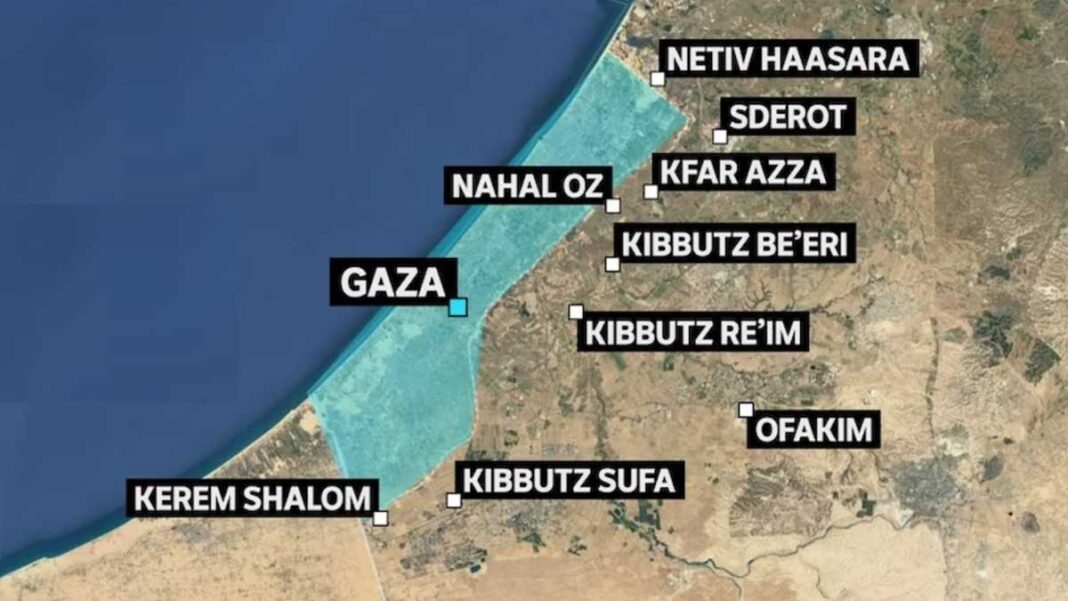In the ever-evolving landscape of the financial world, various factors influence currency values. One of the most significant yet unpredictable catalysts is geopolitical conflict, such as the recent Hamas attacks on Israel. Armed conflicts around the globe can send shockwaves through the forex market, leading to volatility, uncertainty, and profound consequences for traders and investors alike. In this blog, we’ll explore how conflicts like the Hamas attack on Israel can affect the forex market and what traders should consider when navigating these turbulent times.
1. Geopolitical Uncertainty and Safe-Haven Currencies: When tensions rise and conflicts escalate, uncertainty abounds. In such situations, investors often seek refuge in safe-haven currencies like the US Dollar (USD), Swiss Franc (CHF), and Japanese Yen (JPY). These currencies tend to strengthen as investors flee riskier assets and seek the stability and security they offer.
2. Commodity Price Fluctuations: Geopolitical conflicts can disrupt the production and transportation of key commodities like oil and gold. Since these commodities are traded in USD, their prices are influenced by currency fluctuations. Conflict-driven supply disruptions or fears of such disruptions can lead to rapid price swings, affecting not only commodity currencies like the Canadian Dollar (CAD) but also the broader forex market.
3. Economic Fallout and Central Bank Responses: Conflicts like the Hamas attack on Israel can have severe economic consequences for the countries involved. Increased military spending, infrastructure damage, and a decline in investor confidence can lead to economic downturns. Central banks may respond by adjusting interest rates and implementing monetary policies to mitigate these effects. Such actions can impact currency values and exchange rates.
4. Unpredictable Market Sentiment: Geopolitical conflicts bring uncertainty to financial markets, making it challenging to predict market sentiment accurately. Traders often react impulsively to breaking news, leading to sharp and sudden movements in currency pairs. Risk-on and risk-off sentiments can change rapidly, creating a highly volatile trading environment.
5. Regional and Global Implications: Conflicts like the Hamas attack on Israel can have ripple effects beyond the countries directly involved. They can disrupt global supply chains and impact the economies of nations far removed from the conflict zone. Traders must consider these broader implications when analyzing currency pairs.
6. Long-Term Structural Changes: In some cases, geopolitical conflicts can lead to lasting geopolitical shifts and changes in trade dynamics. These long-term structural changes can reshape the forex market’s landscape, creating new opportunities and challenges for traders.
Conclusion: While conflicts like the Hamas attack on Israel are unpredictable and often tragic events, their impact on the forex market is undeniable. Traders must stay informed, exercise caution, and adapt their strategies to navigate the heightened volatility and uncertainty that such conflicts bring. As history has shown, the forex market remains resilient, offering opportunities even in the face of adversity. Understanding how geopolitical conflicts can affect currency values is a crucial step toward becoming a successful forex trader in an ever-changing world.

